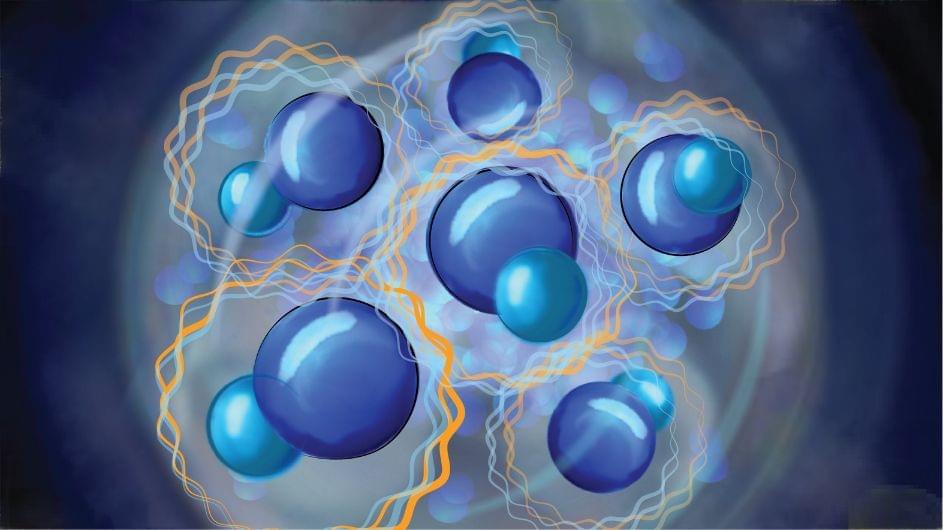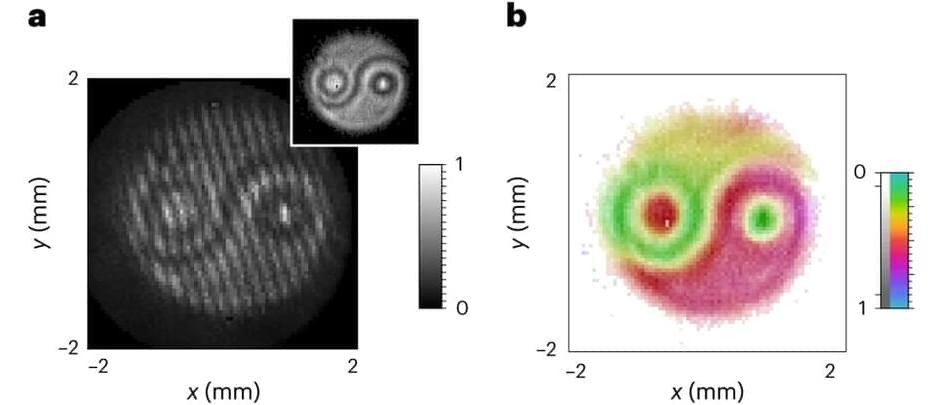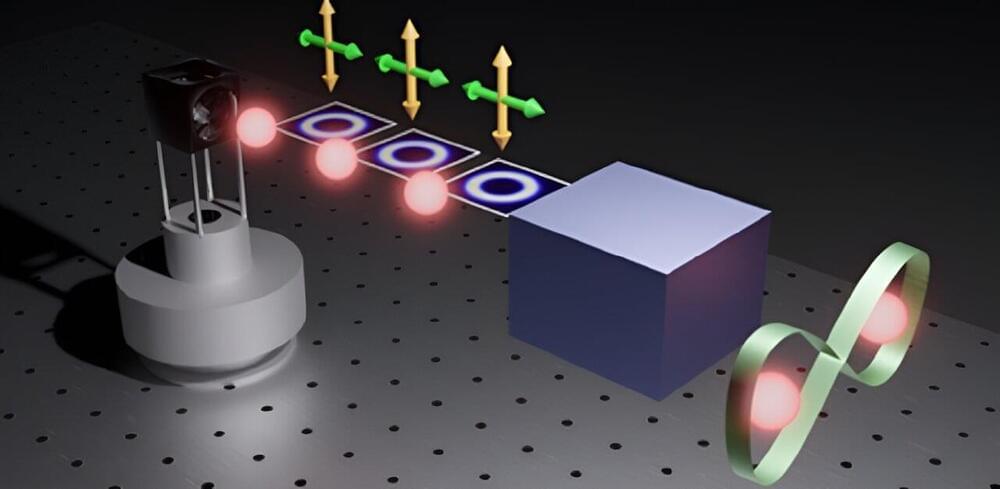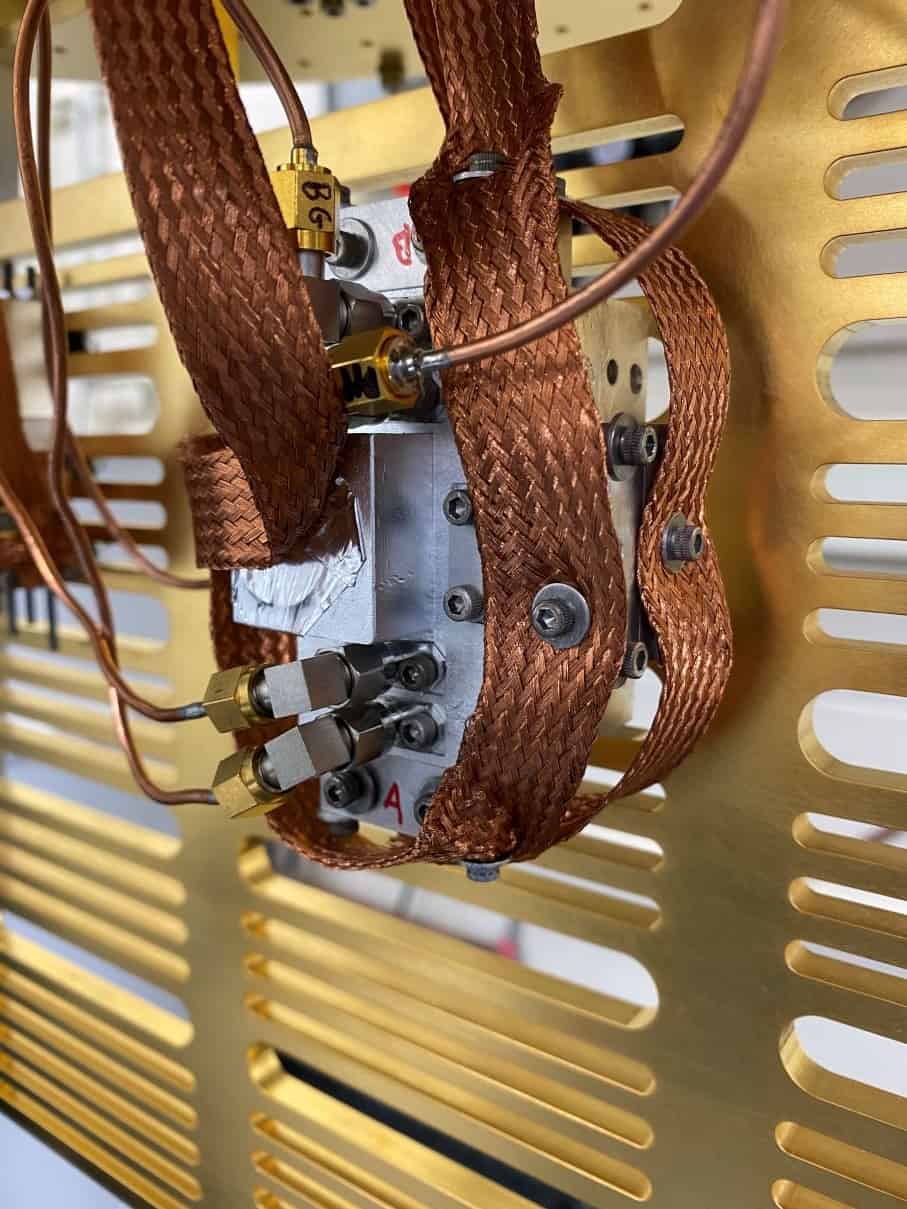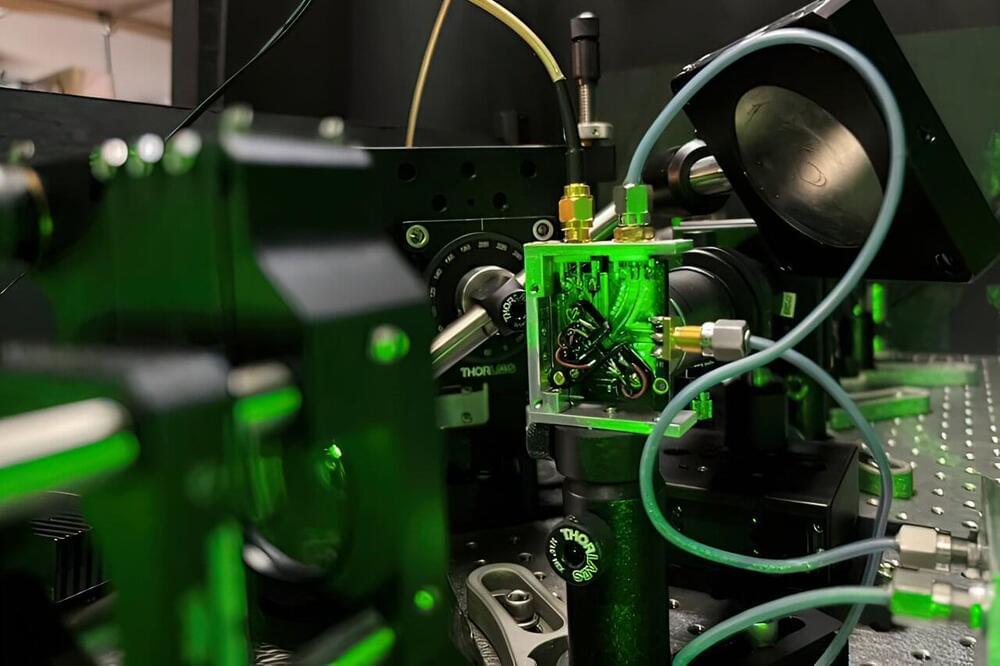Scientists from the University of Ottawa have invented a unique method to create better molecule-based magnets, known as single-molecule magnets (SMMs). This synthetic tour de force has resulted in a two-coordinate lanthanide complex which has magnet-like properties that are intrinsic to the molecule itself. This advancement paves the way for high-capacity hard drives, potential applications in quantum computing.
Performing computation using quantum-mechanical phenomena such as superposition and entanglement.

